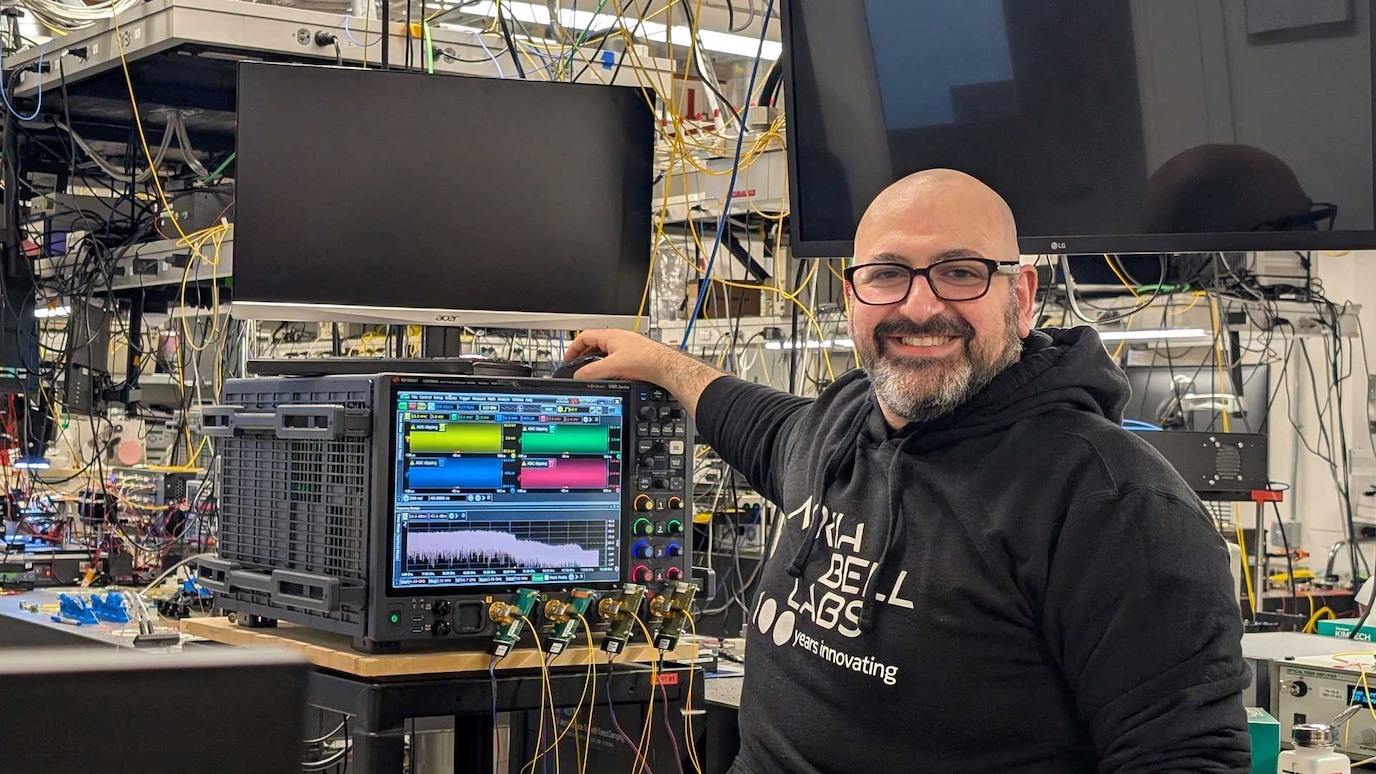Project overview
The primary focus of this research is to improve network management and trouble shooting. Our target is to create an ML and AI-based platform that accurately handles the errors impacting network operations that cannot be handled by log-file analysis or key performance Indicator anomaly detection.
Although the application we are targeting through our research relate to Session Initiation Protocol (SIP) and Virtual Evolved Packet Core (vEPC) as the baseline architecture, the concepts can be adapted to other application domains that involve multiple protocols across multiple network elements.
The project also focuses on providing the engineer with a graphical user interface for only those flows that contain problematic sequences of the message exchange, facilitating the early and accurate detection of the problem.
Research breakthroughs
We contribute with a multi-protocol message flow analyzer that utilizes machine learning techniques to correlate call flows with the most suitable reference cases. This analyzer detects deviations from normal reference call flow scenarios and presents them in an interactive graphical user interface (GUI). The primary purpose of this tool is to assist customer support teams in efficiently resolving potential issues within their customers' networks.
We have created a system that rapidly identifies anomalies in network traffic during both system integration and live network operations. By facilitating the swift resolution of observed network errors, it significantly accelerates the troubleshooting process. Moreover, the concept behind this project can be expanded to include predictive maintenance for networks, enabling proactive care.
Real world application
The cognitive traffic analyzer is integrated with Nokia PNM tool.
Project members
APA style publications
Juegen Sienel, Jean Riemer, Seema Gard, Manzoor Khan , Cognitive Traffic Analyzer. US Patent.






